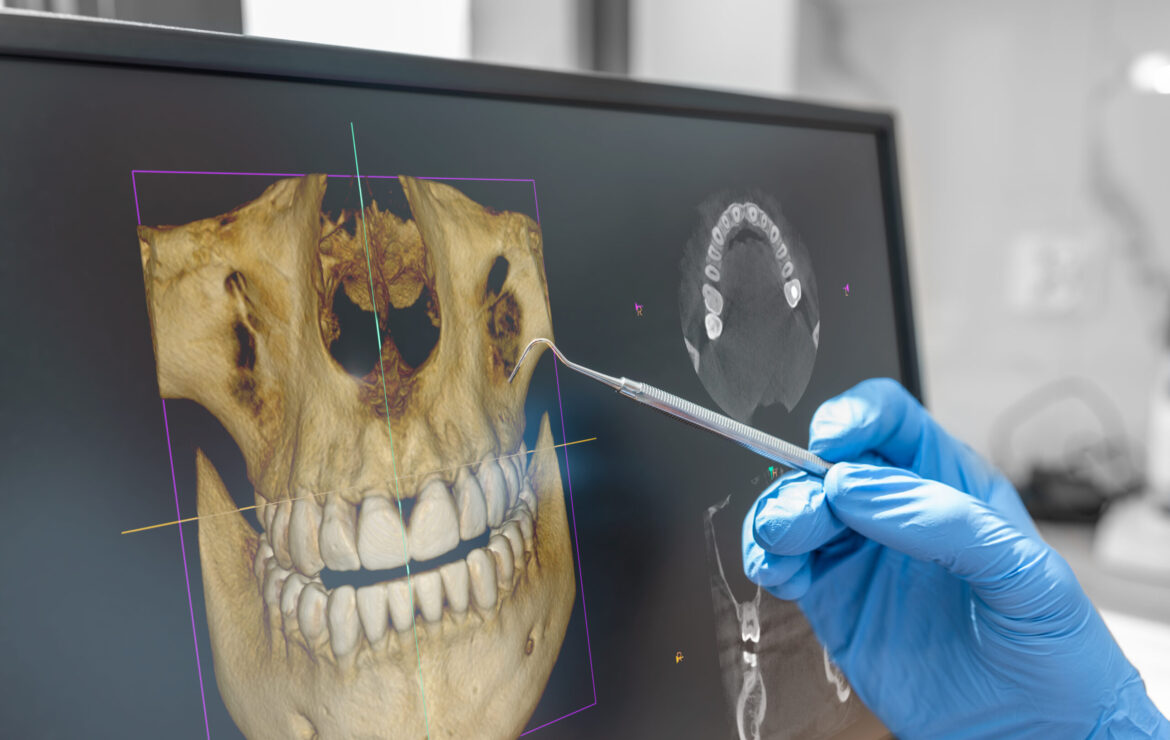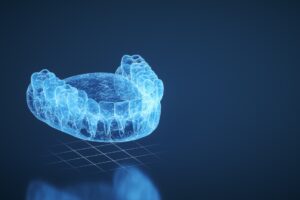How a Routine Dental Visits can lead to early detection of abnormalities

How a Routine Dental Visits can lead to early detection of abnormalities
Regular dental checkups are essential for maintaining good oral health. But sometimes, a routine visit can unearth something unexpected – a hidden issue that might have gone unnoticed without a trained eye. Here’s a story about how a seemingly ordinary dental appointment led to a crucial discovery:
Early Detection is Key: Think of your dentist as your oral health detective. During a checkup, they meticulously examine your teeth and gums, searching for any signs of trouble. The key advantage of regular visits is early detection. Cavities, gum disease, and even oral cancer can often develop without causing any initial pain. A dentist’s trained eye and diagnostic tools, like digital X-rays, can identify these issues in their early stages when they are much easier and less expensive to treat.
Routine dental x-rays are a vital part of maintaining good oral health. They are imaging tests that use low doses of radiation to capture detailed pictures of your teeth and jawbone. These images help dentists detect dental problems early on, often before they cause any symptoms.
- Early detection of cancer: dental X-rays might reveal some abnormalities in the jawbone that warrant further investigation. These signs could include:
Unexplained bone loss: This can appear as a radiolucent area (darker area on the X-ray) in the jawbone, where healthy bone should be.
Unusual bone growth: The X-ray might show a radiopaque area (lighter area) indicating abnormal bone formation, potentially associated with cancer.
Changes in the jawbone’s structure: The X-ray could reveal a disruption in the typical jawbone pattern, suggesting a potential mass or abnormality.
Early detection of cavities: Cavities can develop between teeth or beneath the surface of a tooth, where they may not be visible during a routine dental exam. X-rays can help dentists identify these hidden cavities so they can be treated before they cause more extensive damage.
- Detection of gum disease: X-rays can reveal signs of gum disease, such as bone loss around the teeth. Early detection and treatment of gum disease can help prevent tooth loss.
- Evaluation of wisdom teeth: X-rays can help dentists assess the position of wisdom teeth and determine if they are likely to cause problems in the future.
- Planning for dental procedures: X-rays are often used to help dentists plan for dental procedures, such as root canals, implants, or braces.
Research has shown a strong link between oral health and overall health. Gum disease has been linked to heart disease, diabetes, and even respiratory problems. Regular dental checkups not only ensure a healthy smile but can also contribute to your overall well-being.
There’s something to be said for the peace of mind that comes with knowing your oral health is in check. Regular dental follow-ups allow you to address any concerns you might have and catch any potential issues early. This proactive approach ensures you can maintain a healthy, happy smile for years to come.
Remember: Think of routine dental checkups as an investment in your oral health and overall well-being. Don’t wait for a toothache to remind you of the importance of scheduling that next appointment. Keep your smile bright and healthy – make routine dental follow-ups a priority.




